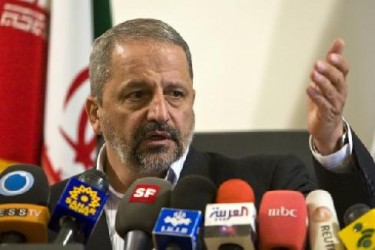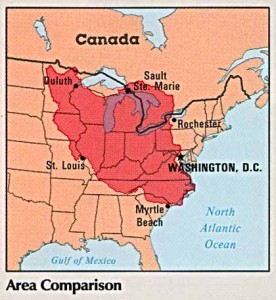National Public Radio reports that Iran is planning on dispatching “cyber police” across the country with General Ahmadi Moghaddam stating that “There is no time to wait” in deploying the Islamic Republic's latest line of defense against its real and perceived enemies. This isn't the first time Moghaddam has claimed to be setting up cyber police either. With the Basiji looking to occupy cyberspace as well, Iran's Internet is starting to look very crowded.
When we hear about cyber police we may imagine “hackers” attacking opposition websites and monitoring Green Movement activists online. Popular discourse on the idea of cyber police inevitably focuses on the “cyber” aspect. What they miss is that these police are human beings and they're trying to find and arrest other human beings. What starts out as cyber always ends up human.
While Moghaddam's words may or may not portend the actual creation of an Iranian cyber police, it doesn't mean they are without weight. The psychology of Internet censorship and Internet surveillance is an area that has received little research and deserves more attention. What the Internet feels like can affect what we think the Internet really is. We may then project that view of the Internet onto the rest of the world, influencing ideas about “Internet Freedom” and guiding foreign policy. Would we even have a concept of “Internet Freedom” if the only Internet we knew was a closed one? For an average user of Iran's closed Internet, hearing propaganda about being arrested for using Facebook, email being hacked, millions of blocked websites, Facebook being a nest of spies, and now thousands of cyber police fanning out across the country can make an already scary Internet even more intimidating. Strong encryption and anonymity tools can help a user know that they are safer, but how the user may actually feel is entirely different.
Popular discussion has tended to binarize the Iranian Internet user, transforming them from complex human being into:
- Freedom-lover prepared to take any risk in the name of Western liberal democracy (Internet harms dictatorship), or
- Oppressed and fearful citizen subject to constant arrest or harassment (Internet aids dictatorship)
with very little attention paid to the reality of the individual and the context under which they access the Internet. When context is discussed it tends to be either neglected or overstated and each of those positions is further projected onto vast geographic areas, such as cyber police as fanning out all across Iran. The spatiality of context for an Internet user within a repressive regime has thus received little genuine attention from those who study Internet censorship because it tends to add a significant layer of complexity. While censorship may be centralized, perceptions and their influence on actual Internet behavior is not. An Internet user in Tehran may very well be more cautious than one in a remote area where the regime's power is perceived to be weaker.
While the recent statements by the regime may be actual announcements of upcoming plans, in the immediate sense they are being used to create a climate of fear and doubt surrounding the Internet. The regime may not be able to intimidate die-hard Green Movement activists, but it might influence millions of other Iranians in a variety of ways with those psychological influences also mediated by geography. Ultimately the regime's rhetoric, combined with effective propaganda, can contribute to self-censorship and self-regulation, like the panopticon. While I applaud the Berkman Center's recent DDoS report, I wonder what would happen if opposition websites were well protected from DDoS but received little traffic because the dictators gave up and diverted resources into more psychological and physical intimidation. As Ethan Zuckerman has noted, a “denial of service” need not only be technical, it can also be bureaucratic. The regime's recent comments and actions demonstrate the possibility that a denial of service can be psychological as well.






2 comments